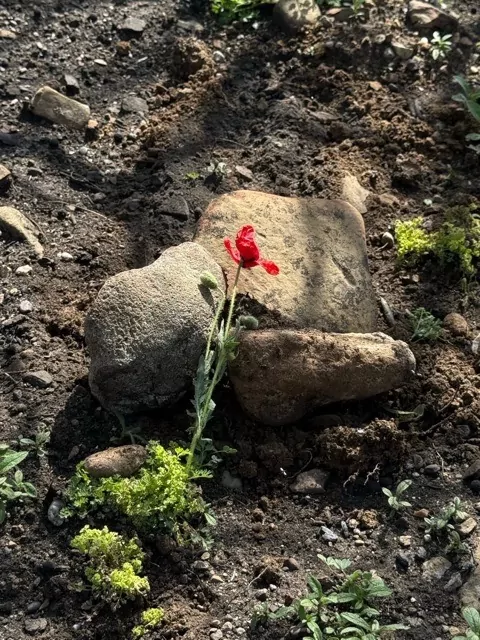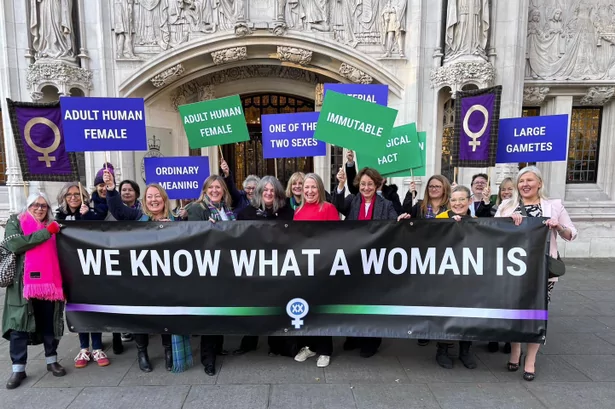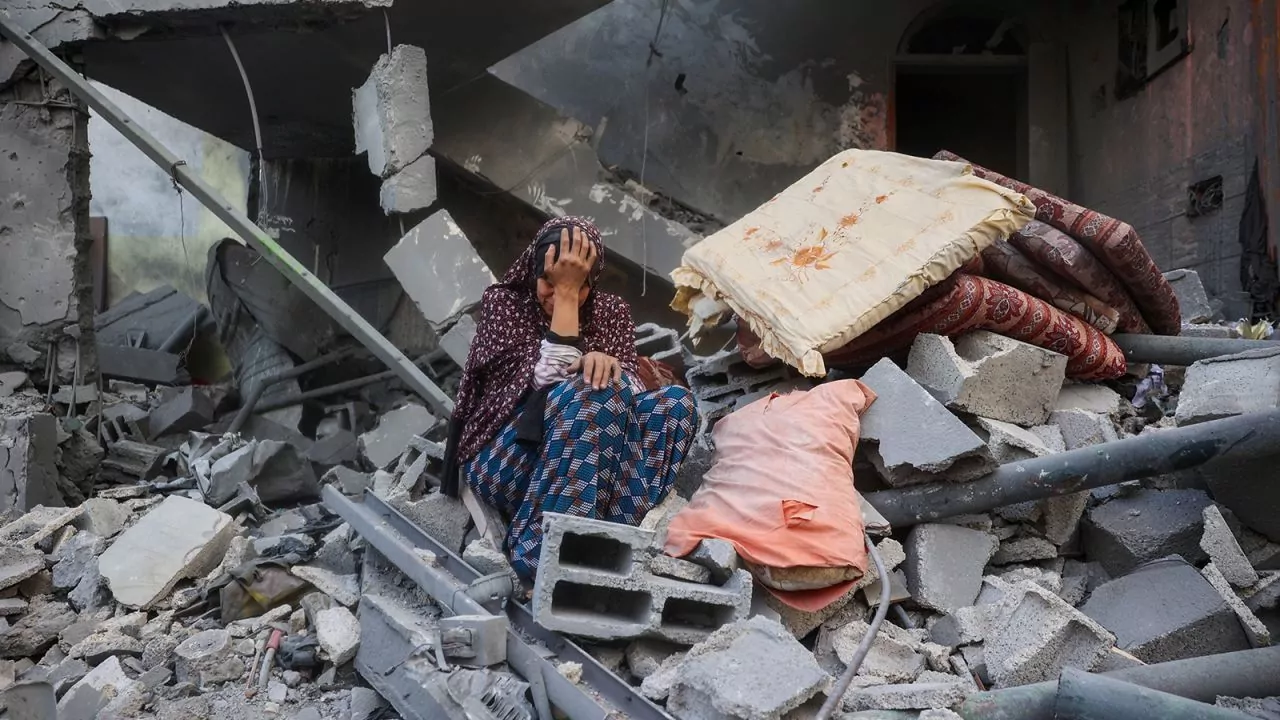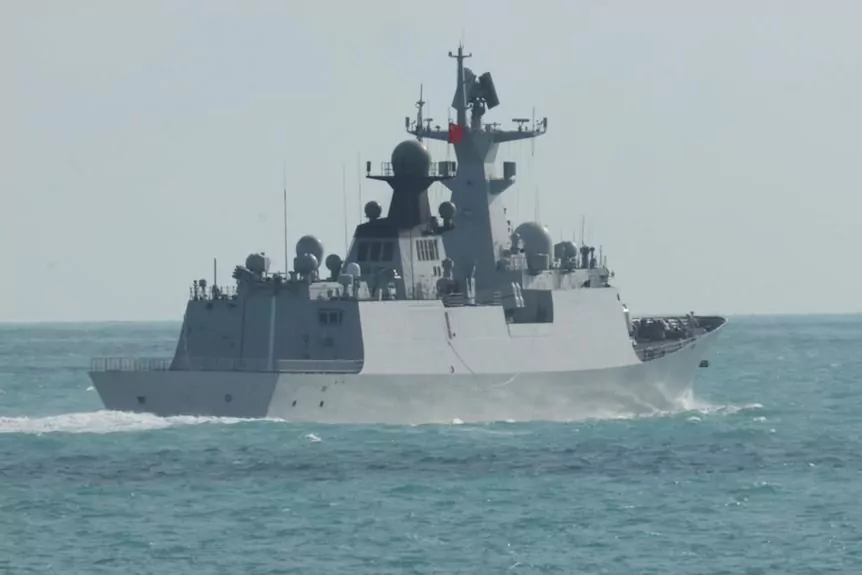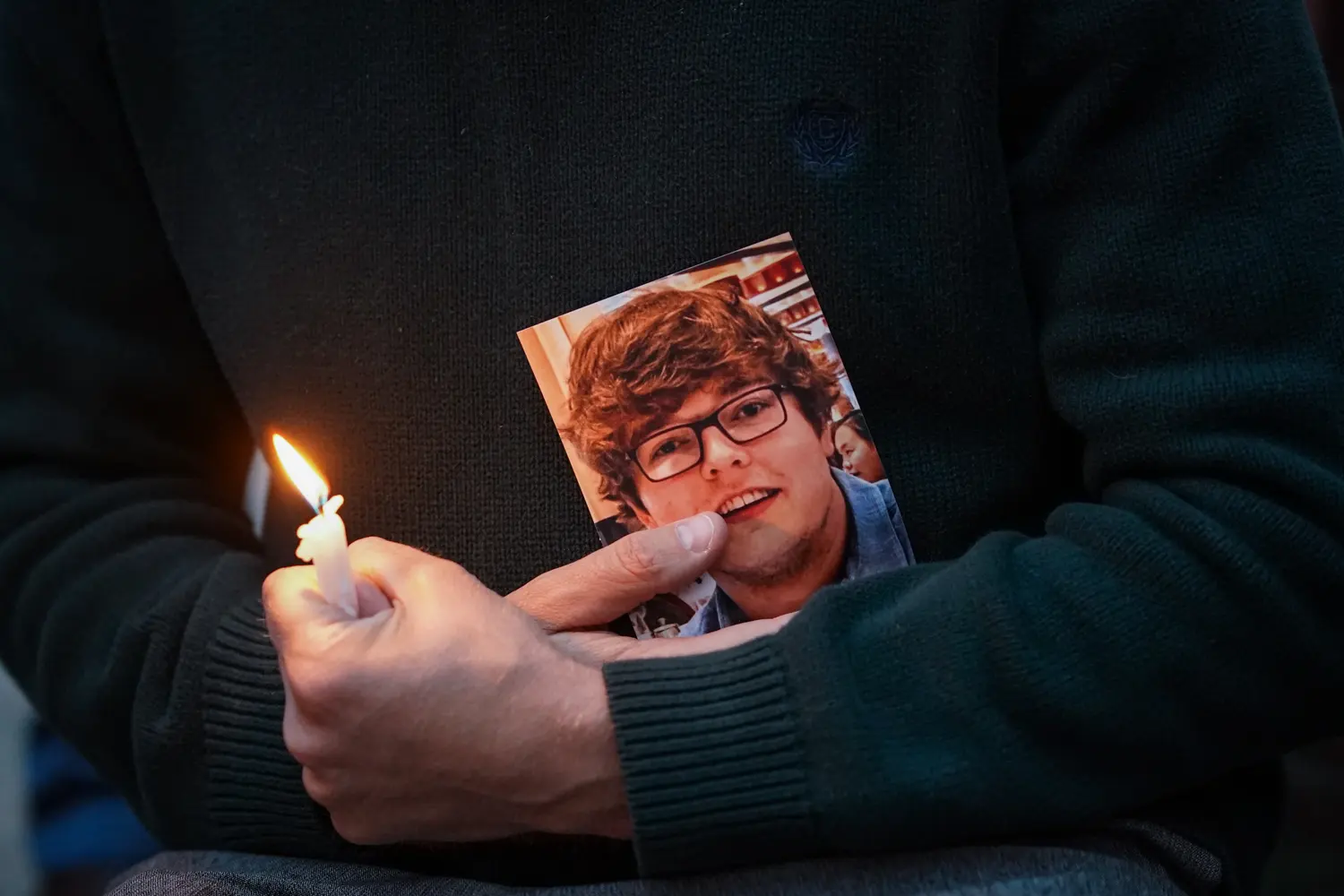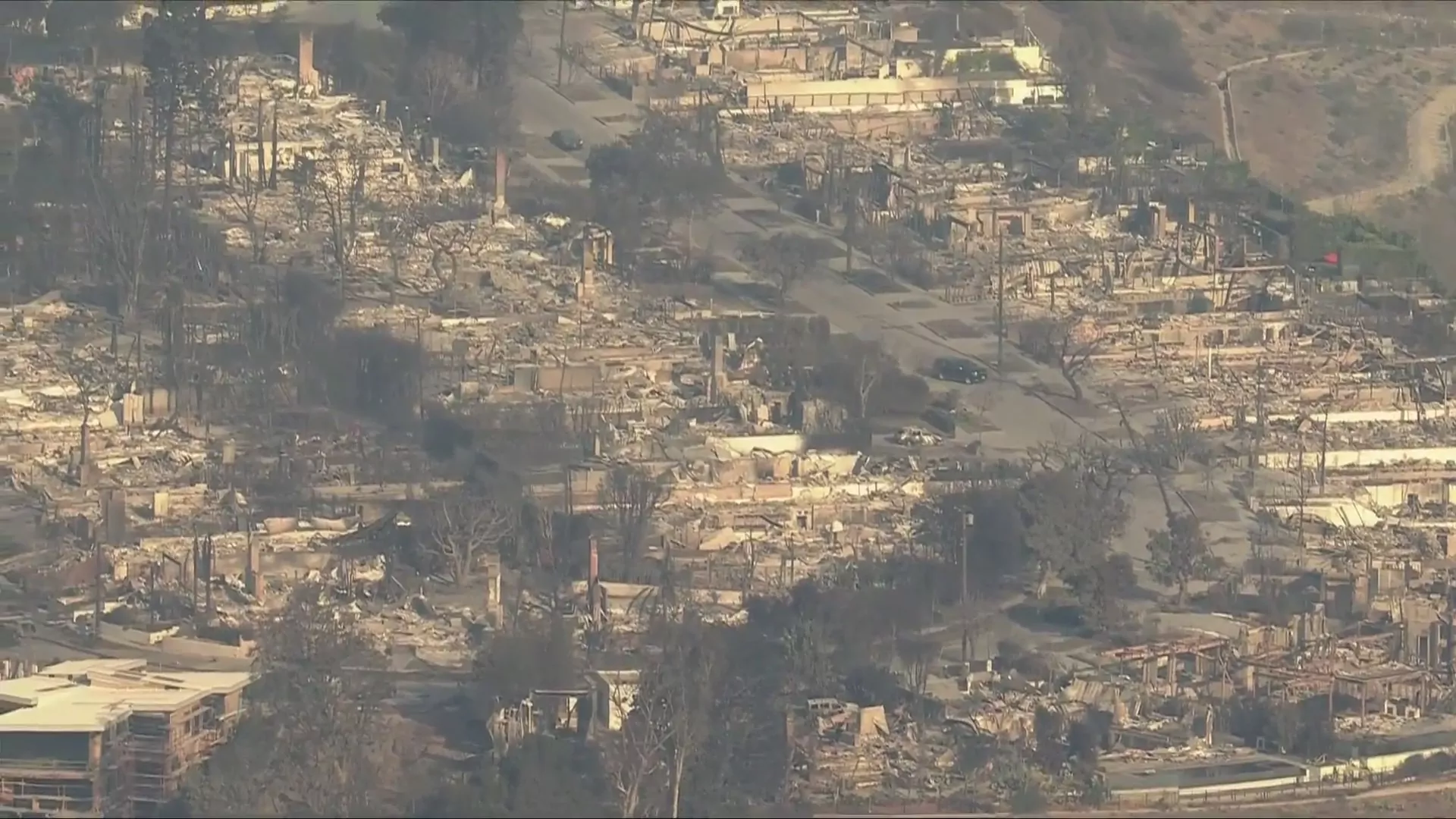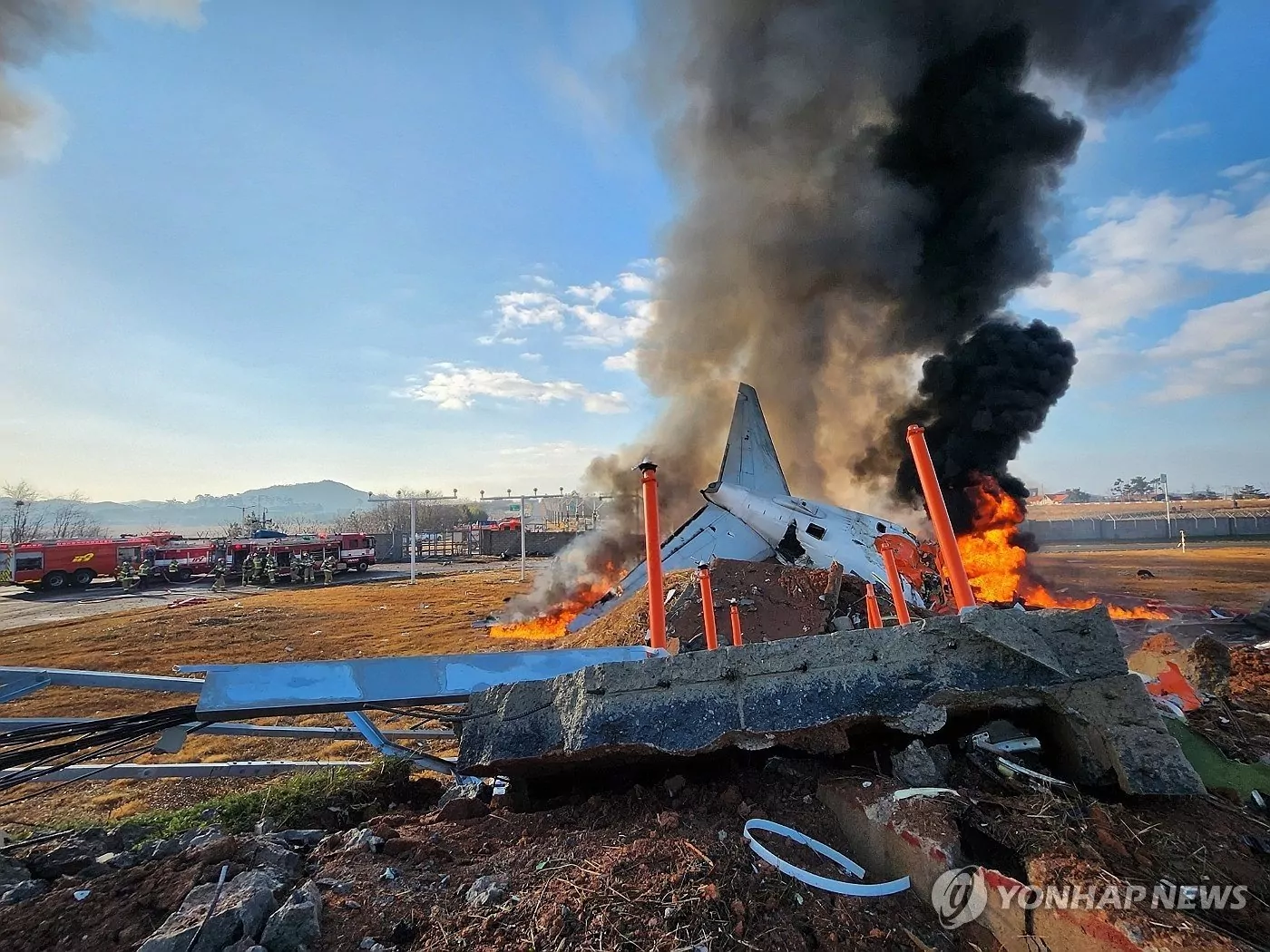World War I battlefield remains unearthed by wildfires and rain on the Gallipoli Peninsula have been respectfully covered by a small New Zealand team ahead of Anzac Day commemorations.
Members of the New Zealand Defence Force (NZDF), in Türkiye to help plan the annual services, were alerted to the discovery of exposed remains near the Chunuk Bair memorial—an area of significant fighting in 1915.
After inspecting the site, which appeared to have already been partially disturbed, the team consulted with local authorities and the Commonwealth War Graves Commission. With their guidance, the remains were gently covered with minimal disruption to the environment.
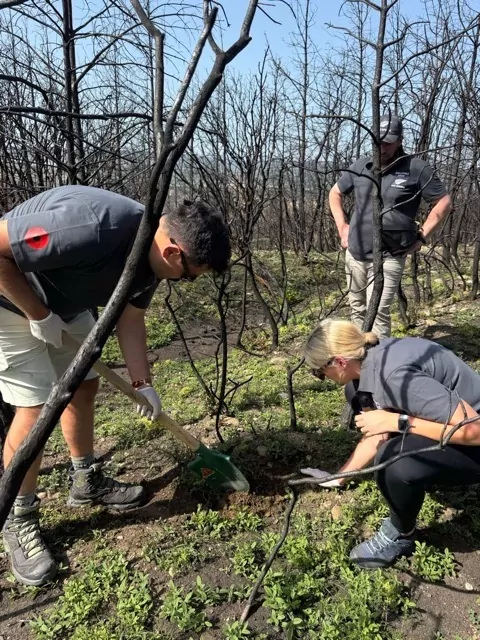
Members of the New Zealand team behind the Anzac Day commemorations in Gallipoli covered remains unearthed by wildfires and rain / supplied
New Zealand commemoration lead John McLeod said the work was carried out with deep respect.
“It was the right thing to do. We consulted with local authorities about best practice and with the utmost respect and honour, we covered up the remains, laid poppies, and took a moment of silence for each of the remains,” he said.
The small group—made up of NZDF personnel and staff from the New Zealand Embassy—recited a karakia and The Ode, and played the Last Post across the landscape, where trenches have re-emerged following wildfires in August last year.
Heavy rainfall since the fires has further disturbed the soil, revealing the fragile history beneath.
McLeod said the remains were most likely those of Allied and Ottoman soldiers who died during intense fighting around Chunuk Bair, particularly from August 1915 when New Zealand and British troops held the Apex after the Ottomans retook the summit.
“After the battle of Chunuk Bair, it was impossible under battlefield conditions to recover or bury all of the dead,” he said.
“Given the number of dead across the peninsula, trying to remove remains would do more harm than good. The collective approach is to minimise human interference and respect the site as a final resting place.”
He said the area should be recognised as a sacred place.
“There are dead from all sides, laying side by side, and the various memorials across the heritage site honour those who never made it home.”
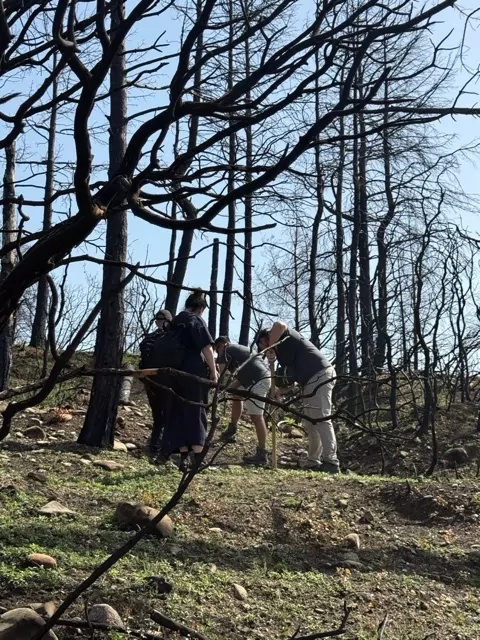
The NZDF team said it was a privilege to acknowledge the exposed remains in a meaningful way, calling the moment a sobering reminder of the cost of war.
Members of the public visiting the Gallipoli Peninsula are advised that if they come across remains or artefacts, they should be left untouched or gently re-covered to prevent exposure.
